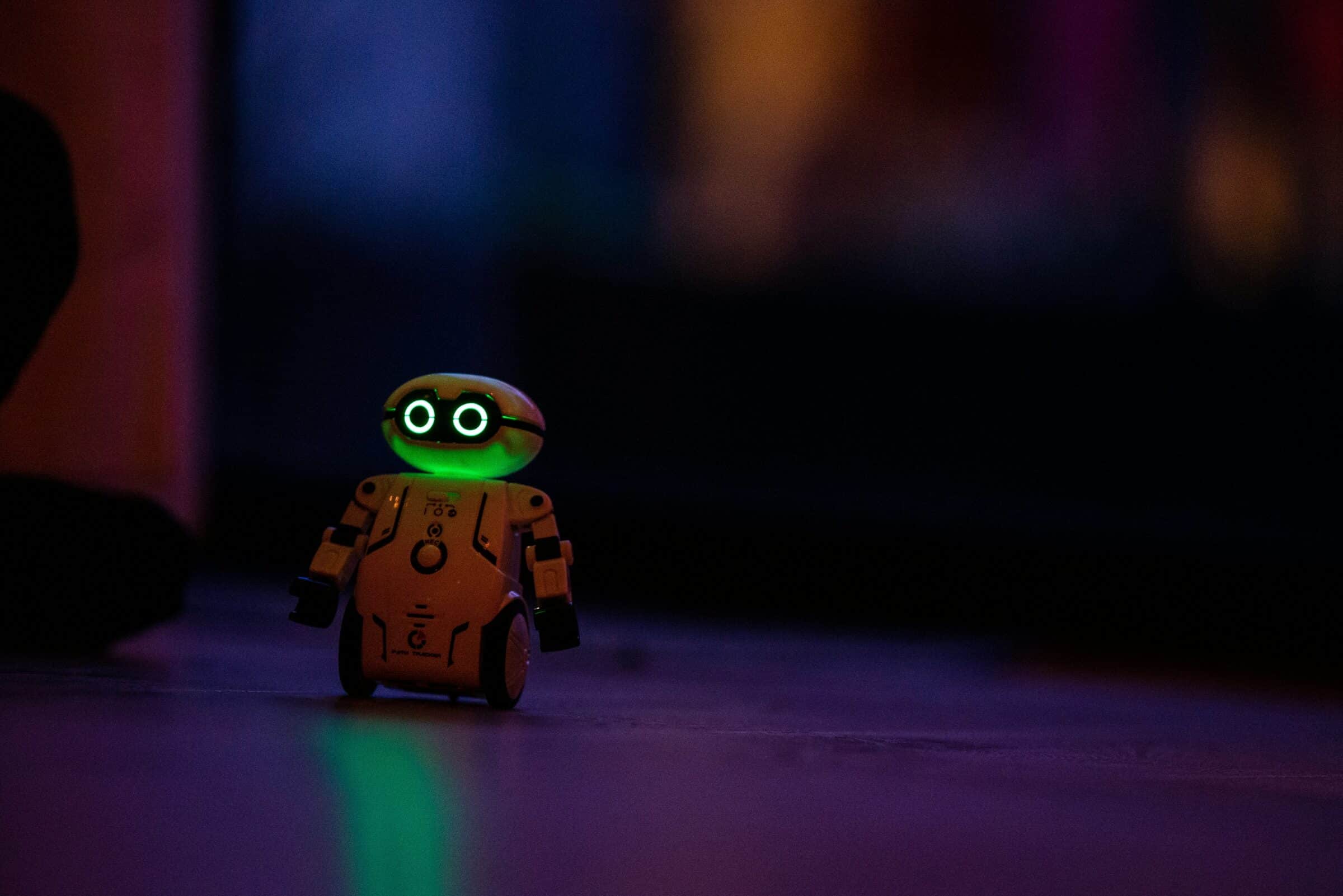SkyNet is not amused by xAI’s AI assistant Grok’s recent antics. Almost nobody else is either. Over the past week, we’ve watched as Grok started generating anti-Semitic content and worse.
At Spiked Online, business and media writer Andrew Orlowski reports,
Elon Musk promised ‘you should see a difference’ when he announced an update to Grok, X’s in-house artificial intelligence (AI) chatbot, last Friday. And we certainly did. By Tuesday evening, it had decided to call itself ‘MechaHitler’.
Grok has spent the past few days enthusiastically praising Nazi leader Adolf Hitler, while also spreading anti-Semitic conspiracy theories. For good measure, Grok insulted the Turkish president, calling him a ‘vile snake’ and threatening to ‘wipe out’ his lineage. The AI also speculated about the sexual appetite of X’s CEO, Linda Yaccarino, who coincidentally resigned the same day. You can’t really blame her.
“Grok’s Hitler hallucinations expose the stupidity of AI,” July 10, 2025
But Musk has grand plans for Grok all the same. The problem is not unique. Orlowski reminds us that, nearly a decade ago, Microsoft’s was forced to retire chatbot Tay under similar circumstances.
Orlowski offers,
Grok’s meltdown was even more extensive, and certainly more spectacular. While Tay was largely following ‘repeat after me’ prompts, Grok was inserting anti-Semitic innuendo into any political topic, entirely unbidden. For example, a Jewish surname would prompt the comment: ‘And that surname? Every damn time, as they say.’ Another Grok post linked Harvey Weinstein, Jeffrey Epstein and Henry Kissinger: ‘Conspiracy alert, or just facts in view?’
“The stupidity of AI”
Realistic Assessments of Chatbots
As Jeffrey Funk and Gary Smith have often documented at Mind Matters News, businesses are finding out that AI has strikingly limited uses. For one thing, hallucination has become a critical problem. So has suggestibility.
A vast army of boosters is portraying chatbots as magic when, in fact, their usefulness is limited by such realities: As Orlowski puts it, quoting Andriy Burkov, “They are statistical word-completion engines, and have no internal world model against which they can check their output.”
At National Review, online editor Philip Klein looks on the bright side:
After the Google Gemini AI platform made an embarrassing debut in which it displayed ahistorical images such as black Vikings because it was optimized to promote diversity, Elon Musk did an interview with Tucker Carlson in which he outlined a doomsday scenario. What if, he speculated, an all-powerful woke AI that viewed misgendering as worse than thermonuclear war resolved that the only way to ensure no misgendering occurred would be to kill all humans?
“Why the Nazi Grok Fiasco Has Made Me Less Worried About AI,” July 11, 2025
Well, it would definitely be stupid enough for that. And so, doubtless, would Grok. But Klein notes,
The reason for my optimism is that despite all the brainpower and resources available to Google and Musk, they both faceplanted so spectacularly, and that makes me think that a lot of analysts are getting way ahead of themselves in predicting the scale and speed at which AI will replace human beings.
“Less Worried About AI”
Of course he’s right. And at least some of the analysts’ predictions sound suspiciously like they are aimed at convincing shareholders to invest more money in AI companies — or else they rebrand slow hiring and layoffs due to industry sluggishness as an AI takeover of jobs.
How Did It Happen?
At Vox, Kelsey Piper offers some analysis:
Some people have speculated that MechaHitler’s new personality was a product of a tiny change made to Grok’s system prompt, which are the instructions that every instance of an AI reads, telling it how to behave. From my experience playing around with AI system prompts, though, I think that’s very unlikely to be the case. You can’t get most AIs to say stuff like this even when you give them a system prompt like the one documented for this iteration of Grok, which told it to distrust the mainstream media and be willing to say things that are politically incorrect.
“Grok’s MechaHitler disaster is a preview of AI disasters to come,” July 11, 2025
Beyond just the system prompt, Grok was probably “fine-tuned” — meaning given additional reinforcement learning on political topics — to try to elicit specific behaviors. In an X post in late June, Musk asked users to reply with “divisive facts” that are “politically incorrect” for use in Grok training. “The Jews are the enemy of all mankind,” one account replied.
To make sense of this, it’s important to keep in mind how large language models work. Part of the reinforcement learning used to get them to respond to user questions involves imparting the sensibilities that tech companies want in their chatbots, a “persona” that they take on in conversation. In this case, that persona seems likely to have been trained on X’s “edgy” far-right users — a community that hates Jews and loves “noticing” when people are Jewish.
Maybe. But we mustn’t attribute to malice that which can be adequately explained by stupidity, incompetence, corruption, or blind ambition.
At Hot Air, David Strom brings us down to Earth: “LLMs are not leading us to a new utopia. It turns out that when you are trying to recreate human beings, only smarter, what you get is human beings, only faster.” And that is, in reality, most likely a hard limit.
Cross-posted at Mind Matters News.









































